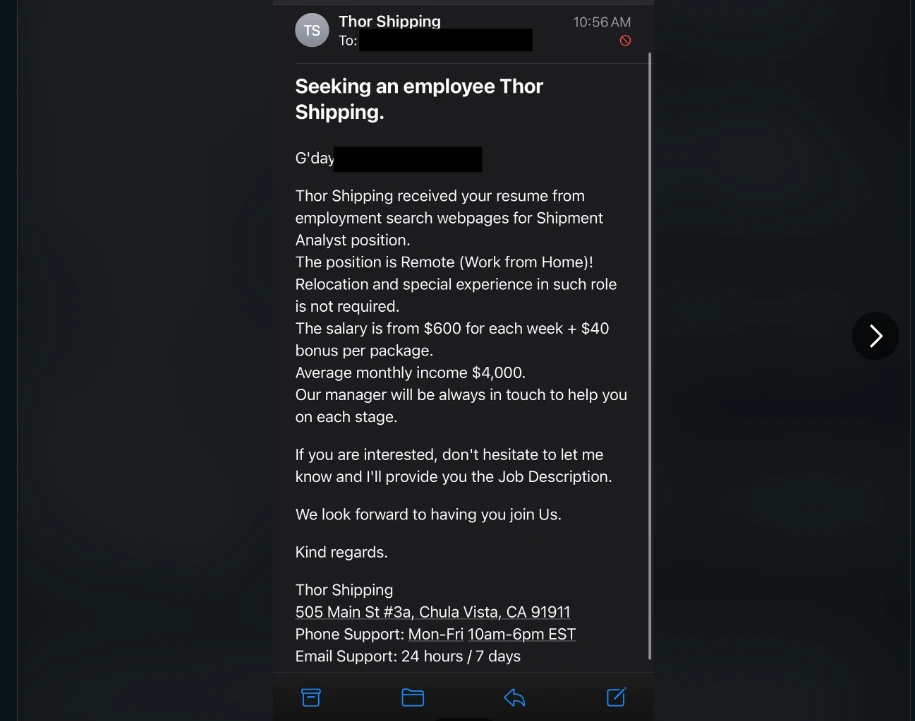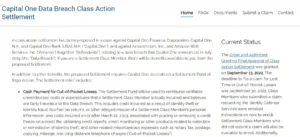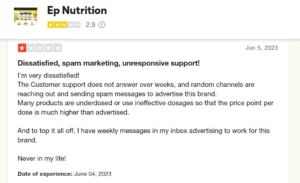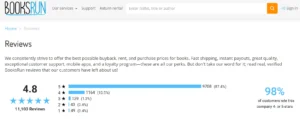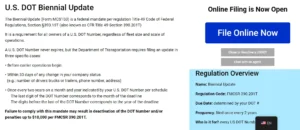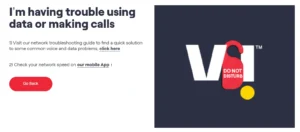Thor Shipping Scam Exposed – Have you ever received an email promising a dream job with Thor Shipping? Beware!
In this eye-opening article, we expose the Thor Shipping scam and reveal the sinister tactics used by scammers.
Learn how to spot the red flags and protect yourself from falling victim to job scam emails.
Don’t let these deceivers take advantage of you – arm yourself with knowledge and stay one step ahead.
Table of Contents
The Rise of Job Scam Emails
You should be aware of the rise of job scam emails and how they can easily deceive unsuspecting individuals. These scam emails have become increasingly prevalent in recent years, posing a significant threat to job seekers everywhere.
They often appear legitimate at first glance, mimicking well-known companies and offering enticing job opportunities. However, upon closer inspection, you’ll find that these emails are nothing more than elaborate schemes designed to trick you into providing personal information or even sending money.
It’s important to remain vigilant and skeptical when receiving job offers via email. Always verify the legitimacy of the sender and the company before providing any sensitive information. Remember, if something seems too good to be true, it probably is.
Stay cautious and protect yourself from falling victim to these job scam emails.
Unmasking the Thor Shipping Scam
Don’t fall for the deceptive tactics of this fraudulent scheme targeting job seekers in the shipping industry.
The Thor Shipping scam is a cunning ploy designed to exploit your desperation for employment. They send out convincing job offers via email, promising high-paying positions with reputable shipping companies.
However, the truth is far from it. Once you respond to their email expressing interest, they’ll request personal information and even ask for a fee to secure the job. But beware, this is just a ruse to steal your identity and your hard-earned money.
Anatomy of a Job Scam Email
In this deceptive scheme, fraudsters craft convincing emails that lure unsuspecting job seekers with promises of high-paying positions in reputable companies.
They carefully design these emails to appear legitimate, using logos and branding similar to well-known companies. They may even include the names of real employees or executives to add credibility.
The email will usually mention a specific job opening that matches the recipient’s qualifications, making it seem like a perfect fit.
To make the offer even more enticing, they often mention attractive salary packages and benefits. However, the entire purpose of these emails is to trick job seekers into providing personal information or paying upfront fees for fake background checks or training materials.
It’s crucial to remain vigilant and verify the authenticity of any job offer received via email before sharing any personal or financial information.
Red Flags to Watch Out For
Watch out for red flags such as generic email addresses, poor grammar and spelling, and requests for personal information or upfront payments. These are warning signs that the job offer you received might be a scam.
If the email you received came from a generic email address like ‘jobs@gmail.com’ instead of a professional company domain, proceed with caution. Additionally, pay attention to the grammar and spelling in the email. Scammers often make mistakes in these areas, as they aren’t native English speakers.
Another red flag is if the email asks for personal information, such as your social security number or bank account details, or if they request upfront payments for things like training or equipment. Remember, legitimate employers will never ask for these things upfront, so stay vigilant and protect yourself from job scams.
Protecting Yourself From Job Scam Emails
Be cautious when receiving emails from unfamiliar senders, as they may attempt to deceive you with fraudulent job offers. Job scam emails are becoming increasingly common, and it’s important to protect yourself from falling victim to these scams.
One way to do this is by carefully examining the email. Look for any spelling or grammatical errors, as scammers often make mistakes. Another red flag to watch out for is if the email asks for personal information or payment upfront. Legitimate employers won’t ask for this information before you’ve even been hired.
Additionally, be wary of emails that promise high-paying jobs with little to no experience required. Remember, if something seems too good to be true, it probably is. Stay vigilant and trust your instincts when it comes to job offers received via email.
Frequently Asked Questions
How Can I Report a Job Scam Email to the Authorities?
You should report a job scam email to the authorities by gathering all the relevant information, such as the sender’s email address and any attachments.
Afterward, you can contact your local law enforcement or the appropriate government agency to report the scam.
What Are the Legal Consequences for Those Involved in Job Scam Emails?
If you’re wondering about the legal consequences for those involved in job scam emails, it’s important to note that they can face charges such as fraud, identity theft, and conspiracy. These charges may result in fines and imprisonment.
How Can I Recover Any Financial Losses Incurred From a Job Scam Email?
To recover any financial losses from a job scam email, you should take the following steps:
Report the incident to the authorities immediately.
Freeze your accounts and contact your bank or credit card company for assistance.
Are There Any Organizations or Websites That Provide Assistance to Victims of Job Scam Emails?
There are organizations and websites that can help you if you’ve fallen victim to a job scam email.
They provide assistance and support to help you recover any financial losses and navigate the situation.
What Are Some Common Tactics Used by Scammers to Deceive Job Seekers in Scam Emails?
Common tactics scammers use to deceive job seekers in scam emails include:
- Impersonating legitimate companies
- Offering high-paying jobs with minimal qualifications
- Requesting personal information or money upfront
- Using urgency or threats to pressure victims.
Conclusion
In conclusion, job scam emails, like the Thor Shipping scam, are on the rise and pose a significant threat to individuals seeking employment.
By understanding the anatomy of these scams and being aware of red flags, you can protect yourself from falling victim to these fraudulent schemes.
Stay vigilant and always verify the legitimacy of job offers to ensure your personal and financial security.
Also Read
Is Zenatime Scam or Legit? Zenatime.Com Reviews
Conlarlys Bra Reviews – Legit Or Scam? Unveiling The Truth
Swim Recruiting Scam Exposed – Don’t Fall for Fake Job Scams
Also Read
Mason Blake Recruitment Whatsapp Scam – Don’t Fall Victim
Elite Healthcare & Wellness Scam or Legit? Don’t Be Fooled
Pinreadca Com Scam or Legit? Don’t Fall Victim
Also Read
Floresta Reviews – Is Floresta Legit or a Scam? Don’t Fall It
Ccdrrf Com Scam or Legit? – Ccdrrf.Com Exposed
Roalert.com Reviews – Is Roalert.com Legit or a Scam?
Also Read
Meaifeer Reviews – Is Meaifeer Legit or a Scam?
Libiyi Drill Bit Reviews – Is Libiyi Drill Bit Legit or a Scam?

